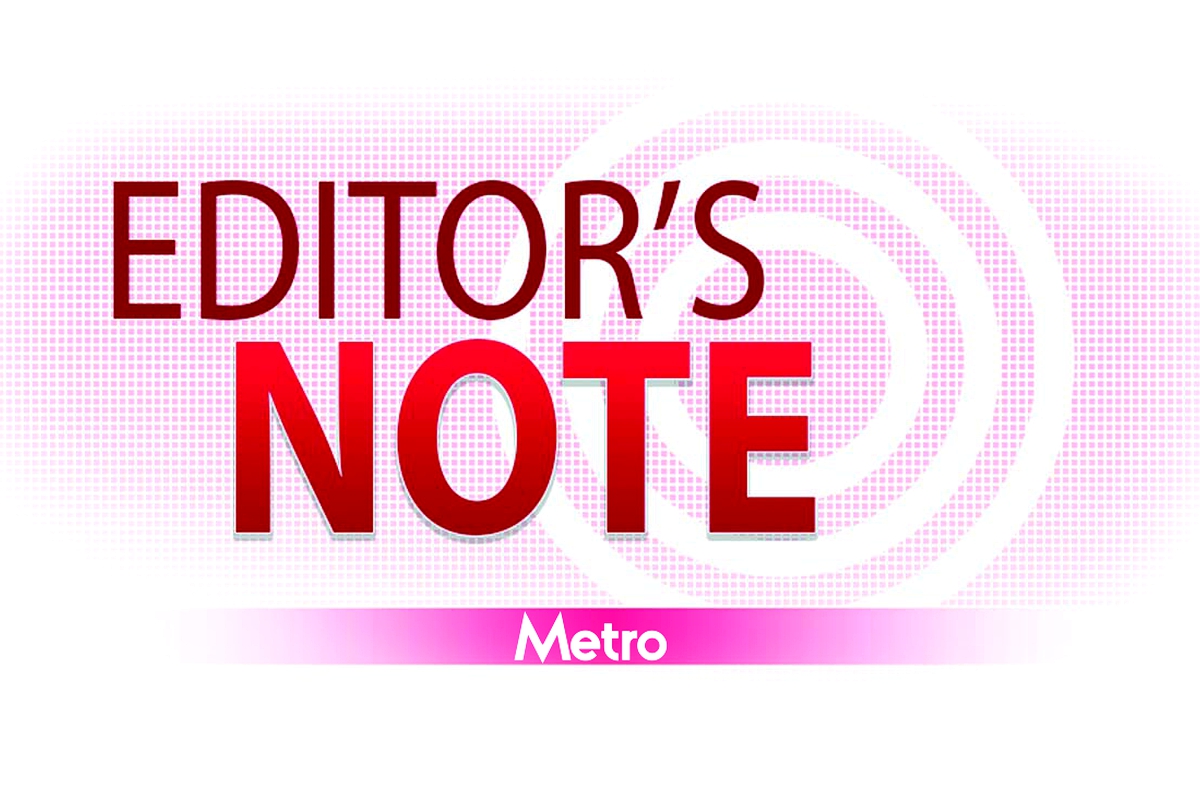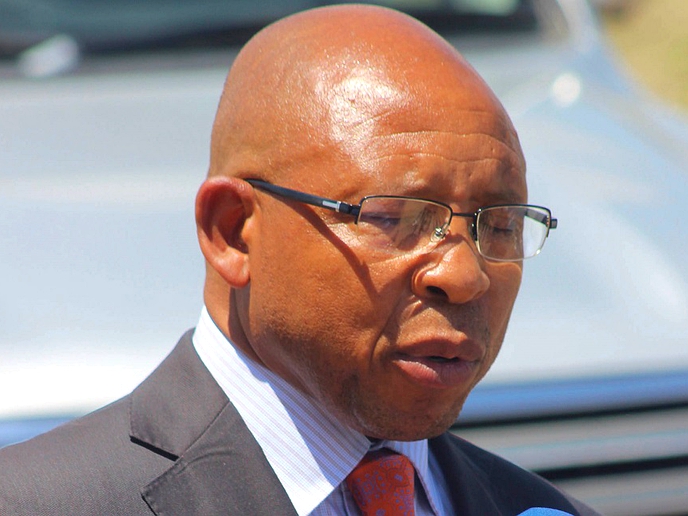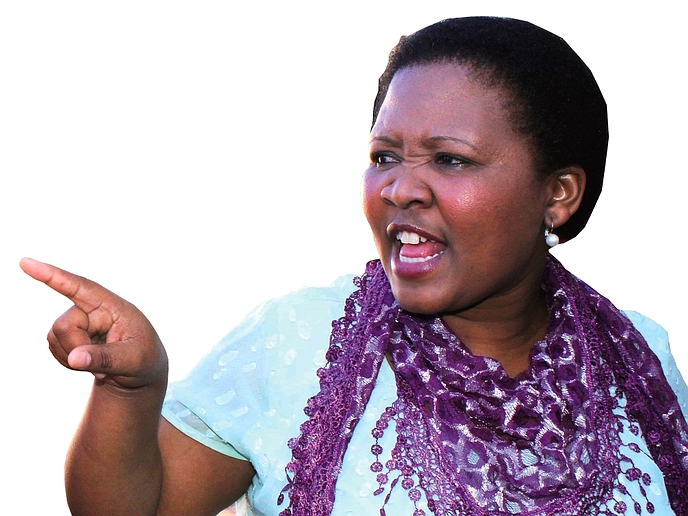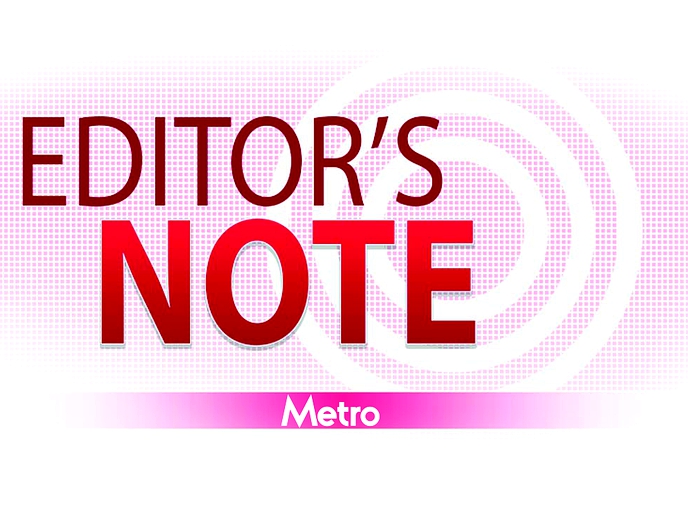Some of us do not understand the business of Central Bank in regulating unconventional collection of money. Interfering in our ingenuity to make money while we do not rob anyone. After all, do we take peoples’ monies at gun point? Is it not true that people who take part in these schemes do so voluntarily driven by greed?
comments
Jan. 21, 2021
STAFF REPORTER
3 min read
Why unconventional money collection is illegal

Indeed, if this form of inventiveness or anarchy could be allowed it would cause damage to the orderly ways that we have to do things. There would be no need for banks.
Anything other than a formal way of collecting money through legally established means is pyramid scheme or ponzi scheme. At face value they look like normal investment activity but the difference is that they have no basis, they never have capital as the high returns they promise investors are payments from potential money coming from those who deposit money.
According to international precautions if these unconventional ways of collecting money are allowed, poor people would lose their money, formal banks would lose customers and we will all lose confidence in the financial system. In fact, anyone who loses money should sue central bank as it is the one that makes and distribute money and should regulate it.
Beware of pyramid schemes!
Enjoy our daily newsletter from today
Access exclusive newsletters, along with previews of new media releases.
Some countries have reservations about AfCFTA
The African Continental Free Trade Agreement (AfCFTA) amongst African countries has kicked off effective from January 1, 2021 after decades of deliberations.
Some countries, including Lesotho, had some reservations about free trade agreement such that some joined late while some like Botswana have still not appended their signatures.
Free trade is aimed at facilitating import and export of goods among African states without fear of tariffs and customs limitations.
However, there are advantages and disadvantages in any free trade agreement.
The government has to strike the balance between satisfying people’s immediate needs in order to uplift their standard of living – an advantage to a country with low levels of economic resources – and a need for the country to improve its own production capacity.
The tricky part is that people want to buy tablets, music systems, packaged food, utensils, sanitary items etc. now not the next time when the country has a capacity to produce local products.
For a poor country like Lesotho, the disadvantage is that due to free access to economic resources from other countries within the agreement, the country may never have local production since it is easy to import what people want.
Big manufacturers will flood poorer countries with cheap ready-made products killing any attempts of local production of such products. Domestic products may not be able to see light of the day in the market.
That means Lesotho should be creative enough and put resources where it may have competitive advantage, especially in the service sector such as tourism, education, IT etc.
The good factor about AfCFTA is that it should serve as a precursor to integration of Africa; that way it will eventually remove imbalances between member states as they will all share equally resources within the continent with free movement of goods and the people.
Tailored for you






